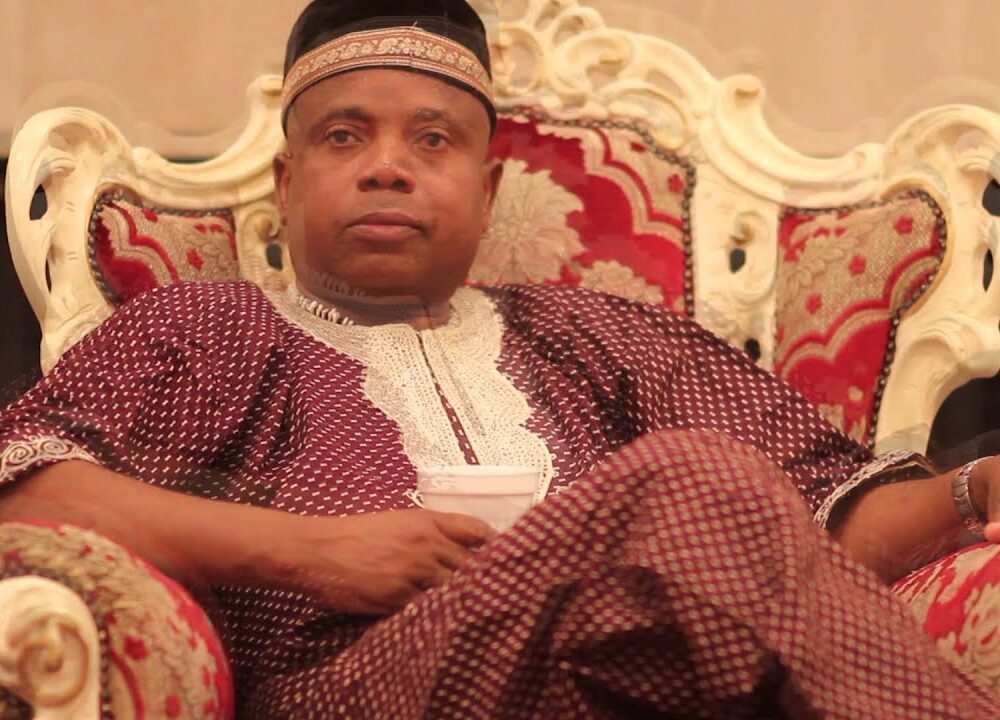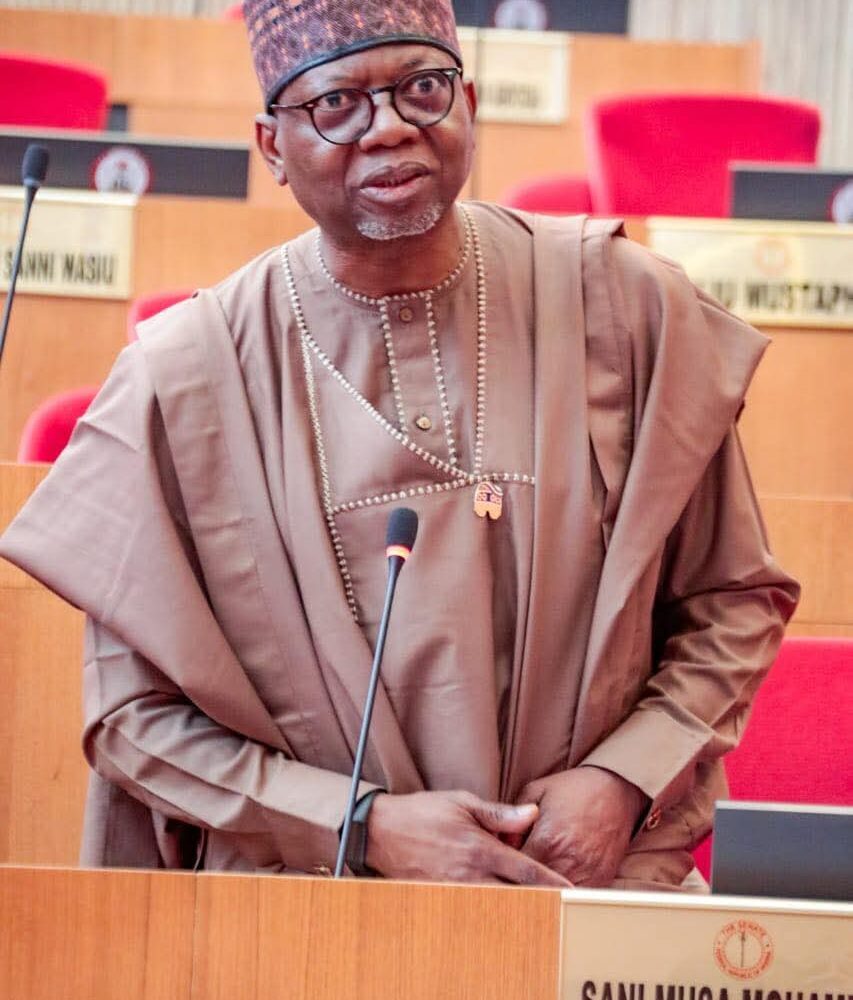A quiet but deeply unsettling cultural shift is unfolding in northern Nigeria. The Arewa region—long admired for its deeply rooted values of respect, modesty, and social decorum—is facing an identity crisis. A wave of defiance is rising among the youth, fueled largely by social media. What was once a society anchored in reverence for elders and moral restraint is being steadily overturned by a digital generation enamored with provocation.
Recent events paint a troubling picture. A young man was publicly disciplined by his family for obscene social media behavior. Another was arrested for body-shaming Nigeria’s former First Lady, Aisha Buhari, on Facebook. And now, Rahma Saidu, a TikToker in Kano, finds herself at the center of a storm—her business reportedly torched by arsonists in reaction to her criticism of local leaders. While violence is never justified, her situation underscores a deeper cultural dislocation: the rejection of Arewa’s traditional codes of conduct.
In the North, public confrontation is not merely controversial—it is a violation of the cultural and moral bedrock that once held society together. Leaders are not simply officeholders; they are symbolic elders to whom deference is due. The notion that everyone has a right to confront, ridicule, or challenge authority—popular in other parts of Nigeria—runs directly counter to the conservative ethos of the North.
This cultural code was powerfully illustrated in Kaduna when Dr. Akinwumi Adesina, President of the African Development Bank and former Nigerian minister, greeted former President Muhammadu Buhari by prostrating flat on his belly. The image was striking not for the gesture itself, but for how alien it seemed in today’s Arewa. Adesina, a Yoruba man from the South, displayed a level of humility that now feels almost foreign among many northern youths, some of whom are being told by preachers that such gestures are unnecessary or outdated , even haram.
But Adesina’s act was more than symbolic; it was a reminder that respect is not a cultural artifact it is a universal principle. In nature, smaller trees never provide shade for taller ones. Age and wisdom command honor, and societies that forget this slide into disorder.
The North must grapple with this growing disconnect. This is not about silencing the youth or rejecting modernity. It is about preserving the values that gave Arewa its grace and dignity. If the current trajectory continues where every elder is a target, every tradition a joke, and every dissent a badge of honor Arewa risks nurturing a generation that is loud, resentful, and dangerously unmoored from the cultural compass that once guided its people.
We must remind ourselves – not everything old is obsolete, and not every new trend is progress. The Arewa of tomorrow must not be built on the ashes of its own legacy.
Gaskiyally musing





